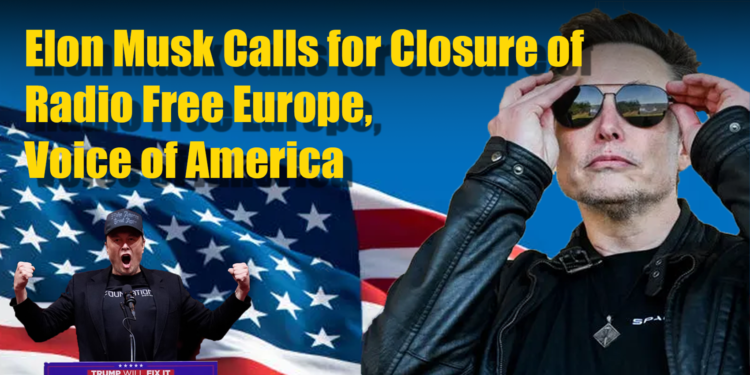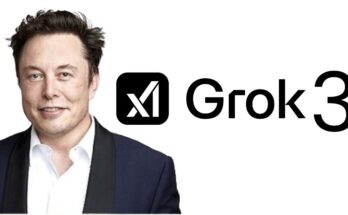
In a surprising statement, Elon Musk has called for the closure of U.S.-funded media organizations Radio Free Europe (RFE) and Voice of America (VOA). Musk’s comments sparked heated debate, as these outlets have long been considered tools of American soft power, broadcasting news and information to regions with limited press freedom.
Founded during the Cold War, both RFE and VOA were originally intended to counter disinformation in authoritarian states, providing uncensored news to audiences behind the Iron Curtain. Today, they operate under the U.S. Agency for Global Media, continuing to serve audiences in regions such as Eastern Europe, Central Asia, and parts of Africa. However, critics, including Musk, argue that the existence of such organizations in the modern era perpetuates unnecessary political interference.
Musk suggested that the funding for these outlets could be better allocated toward domestic issues, implying that their role as “unbiased” news sources has become outdated in the digital age of decentralized information. Proponents of RFE and VOA countered that these organizations remain vital for promoting democratic values and countering state-sponsored propaganda in countries with limited free press.
While Musk’s remarks align with broader debates about government-funded media in an increasingly interconnected world, they also raise questions about the ethics of dismantling institutions that many rely on for credible information. Whether this call will lead to any action remains to be seen, but the controversy underscores ongoing tensions between innovation, media freedom, and international diplomacy.


